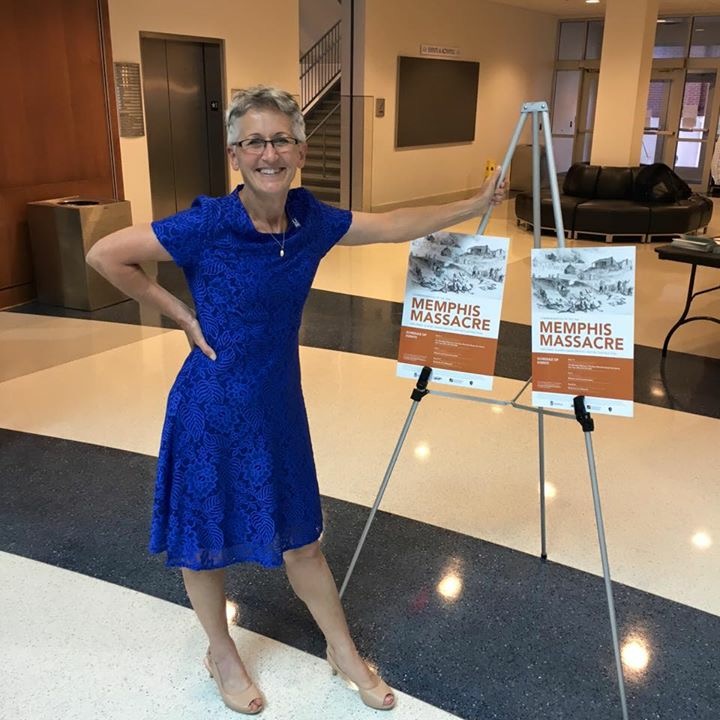
Susan Eva O’Donovan
Associate Professor
Education
Doctor of Philosophy in History, University of California, San Diego, 1997
Master of Arts in History, University of California, San Diego, 1990
Bachelor of Arts in History, University of California, San Diego, 1987
(summa cum laude)
Fields of interest
Nineteenth Century US
Slavery and Emancipation
US Labor History
Courses taught
US History to 1877
Civil War in History and Memory
Teaching Historical Thinking: An Introduction
I will soon offer a course exploring the history of the women and men who built this
nation
Representative publications
- Becoming Citizens: The Political Lives of Slaves (New York: Penguin Random House, under contract)
- Remembering the Memphis Massacre: An American Story (Athens, Ga.: University of Georgia Press, in production), with Beverly G. Bond
- Freedom: A Documentary History of Emancipation, 1861–1867, ser. 3, vol. 2, Land and Labor, 1866–1867 (Chapel Hill, N.C.: University of North Carolina Press, 2013), with Anthony E. Kaye, Steven F. Miller, Leslie S. Rowland, and Stephen A. West; recipient of the 2015 Thomas Jefferson Prize
- Freedom: A Documentary History of Emancipation, 1861–1867, ser. 3, vol. 1, Land and Labor, 1865 (Chapel Hill, N.C.: University of North Carolina Press, 2008), with Steven Hahn, Steven F. Miller, John C. Rodrigue, and Leslie S. Rowland
- Becoming Free in the Cotton South (Cambridge, Mass.: Harvard University Press, 2007); recipient of the James A. Rawley Prize; recipient of the Award for Excellence in Research Using the Holdings of an Archives; finalist for the Theodore Saloutos Memorial Award
I am a regular participant at professional meetings, including the annual meetings of the Organization of American Historians, the American Historical Association, and the Southern Historical Association. I am regularly invited to give guest lectures, keynote speeches, and participate in plenary sessions, appearing, for instance, at the 5th International Genocide Conference in Jerusalem, Israel; the 2018 Southern Labor Studies Association conference; and the 2019 meeting of the British Association of American Nineteenth Century History.
My scholarship has been recognized with awards and fellowships from a number of internationally known institutions, including Yale University (twice), Harvard University (more than twice), the Newberry Library, the Organization of American Historians, the National Park Service, the Georgia Historical Records Advisory Board, Humanities Tennessee, and the Tennessee Civil War National Heritage Area. I am an Organization of American Historians Distinguished Lecturer and, apparently, a media darling, whose latest foray into national television is a forthcoming segment on ABC news.
A full accounting of my scholarship and scholarly activities as well as the accolades I have received for the same can be found on my curriculum vitae.

